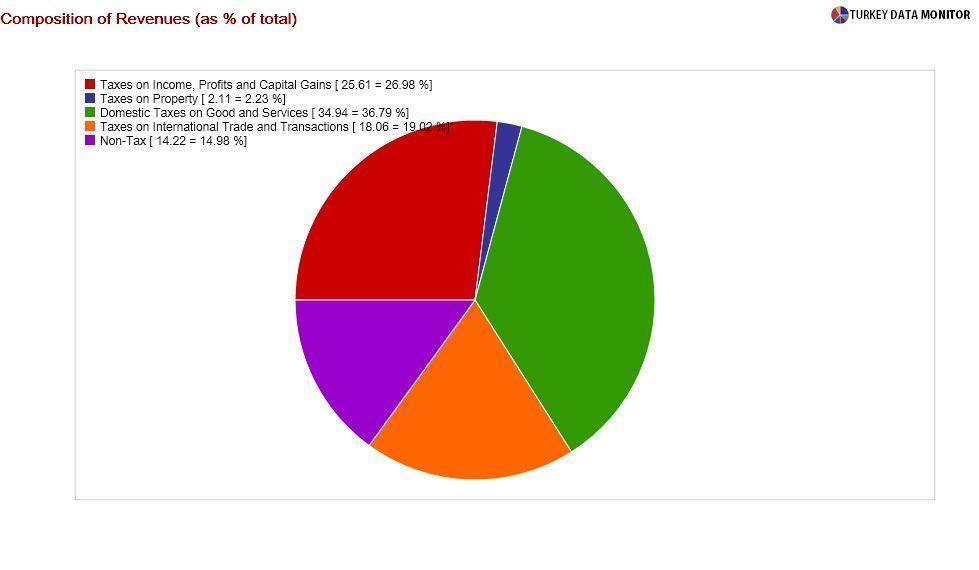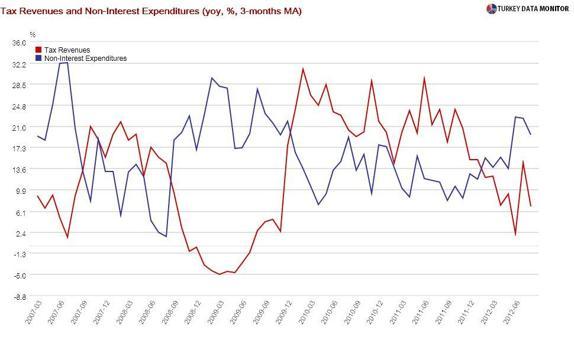Civil war in economic policymaking
 The government announced tax hikes last Saturday in response to the deterioration in the budget, or maybe to fill the coffers for pork barrel spending before the upcoming elections.
The government announced tax hikes last Saturday in response to the deterioration in the budget, or maybe to fill the coffers for pork barrel spending before the upcoming elections.Speaking at the Istanbul Finance Summit on Monday, economy tsar Ali Babacan underlined that the special consumption tax increases for passenger cars, alcoholic beverages and fuel were merely price updates.
This terminology reminds me of the fictional language Newspeak in George Orwell’s 1984, which is not very surprising: After all, Orwell had a Ministry of Peace engaged in continuous war. We have a Ministry of Justice that specializes in distributing injustice, if the recent Sledgehammer rulings are any guide.

Update or not, this dependence on indirect taxes is reinforcing the crooked tax structure in Turkey, where only a small share of the revenues, unlike in developed countries, comes from direct taxes. It is also boosting inflation, as the hikes are expected to raise the end-year headline figure by 0.5 percentage points.
Recent economics papers have argued that tax hikes are more detrimental to the economy than spending cuts. Besides, only one third of the increase in the deficit can be attributed to the decline in revenues resulting from the economic slowdown, with the rest the result of a rise in expenditures.

This last point was actually made by Babacan, who added that new measures should be considered in this context. However, his boss, Prime Minister Recep Tayyip Erdoğan confirmed a 10-15 percent increase in natural gas prices on Thursday. Electricity is sure to follow. I guess two plus two equals five not only in Orwell’s 1984, but also in 2012’s Turkey.
More interestingly, the tax hikes have underscored the longtime strife between the pro-growth camp led by Economy Minister Zafer Çağlayan, affectionately known as the admiral, and the troika of Babacan, Finance Minister Mehmet Şimşek and Central Bank Governor Erdem Başçı.
In fact, Babacan’s remarks seemed like a response to pro-government daily Sabah, which had attacked the troika the day before, right after the tax hikes were announced. The tsar and the admiral exchanged remarks throughout the week, using gas pedal and brakes as metaphors for the direction of policy. Başçı joined in as well, noting that rapid credit growth usually ends in a crisis, with Çağlayan suggesting in return a change to the Central Bank Law.
My bets would normally be on the troika in this catfight. However, although he noted in a TV interview on Wednesday that the ministers’ dispute was under control, Erdoğan seems more inclined to go for growth rather than caution. He underlined that interest rates were still high as well as explaining once again that contrary to what sane economists believe, high rates beget high inflation.
This infighting could harm the economy by creating ambiguity on the direction of policy, especially if it escalates into a full-blown civil war. In its latest Financial Markets report released on Thursday, the banking regulator noted that tight credit policies could be loosened a bit, aligning itself with the admiral.
This is the last thing we need in this uncertain global economic landscape.










